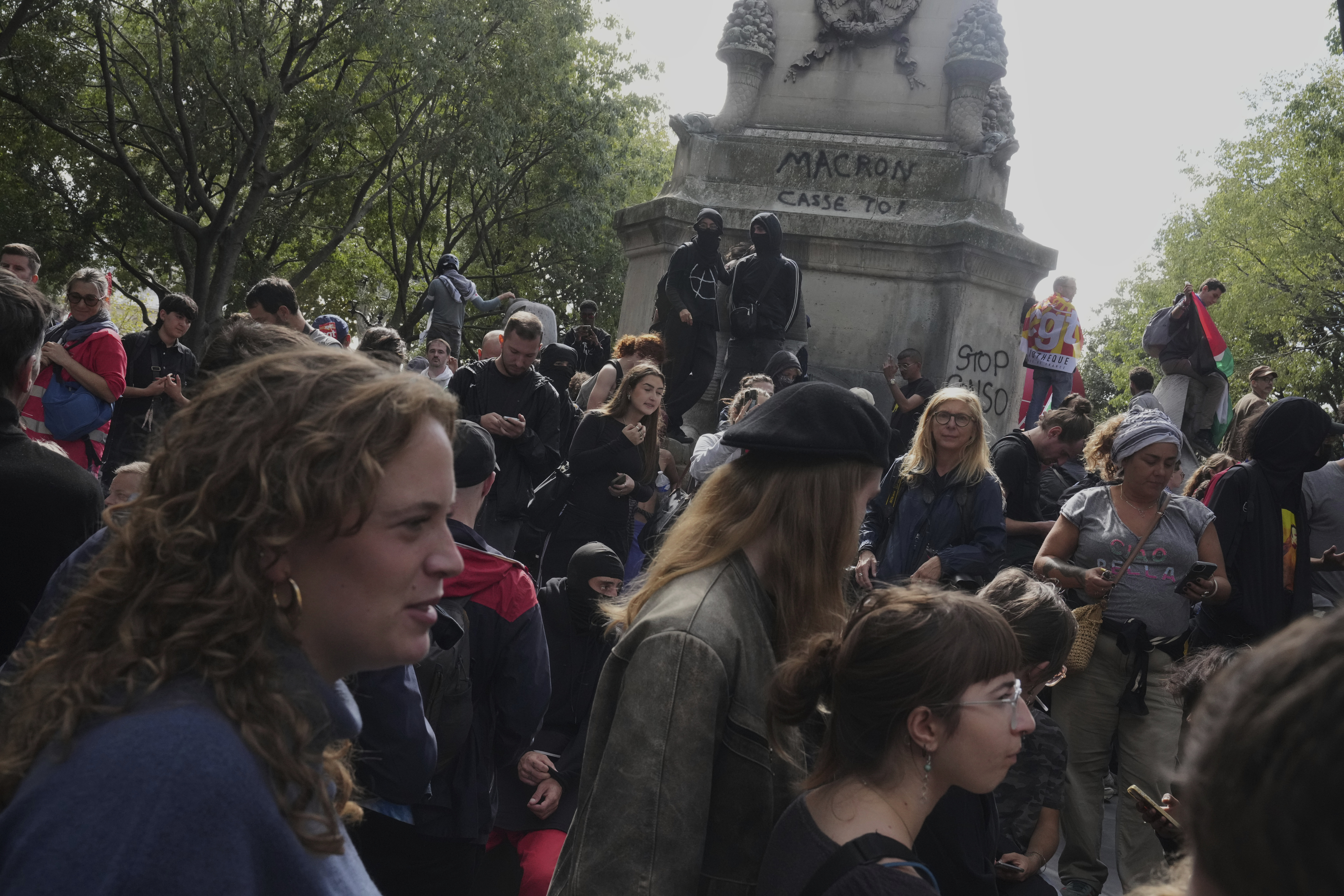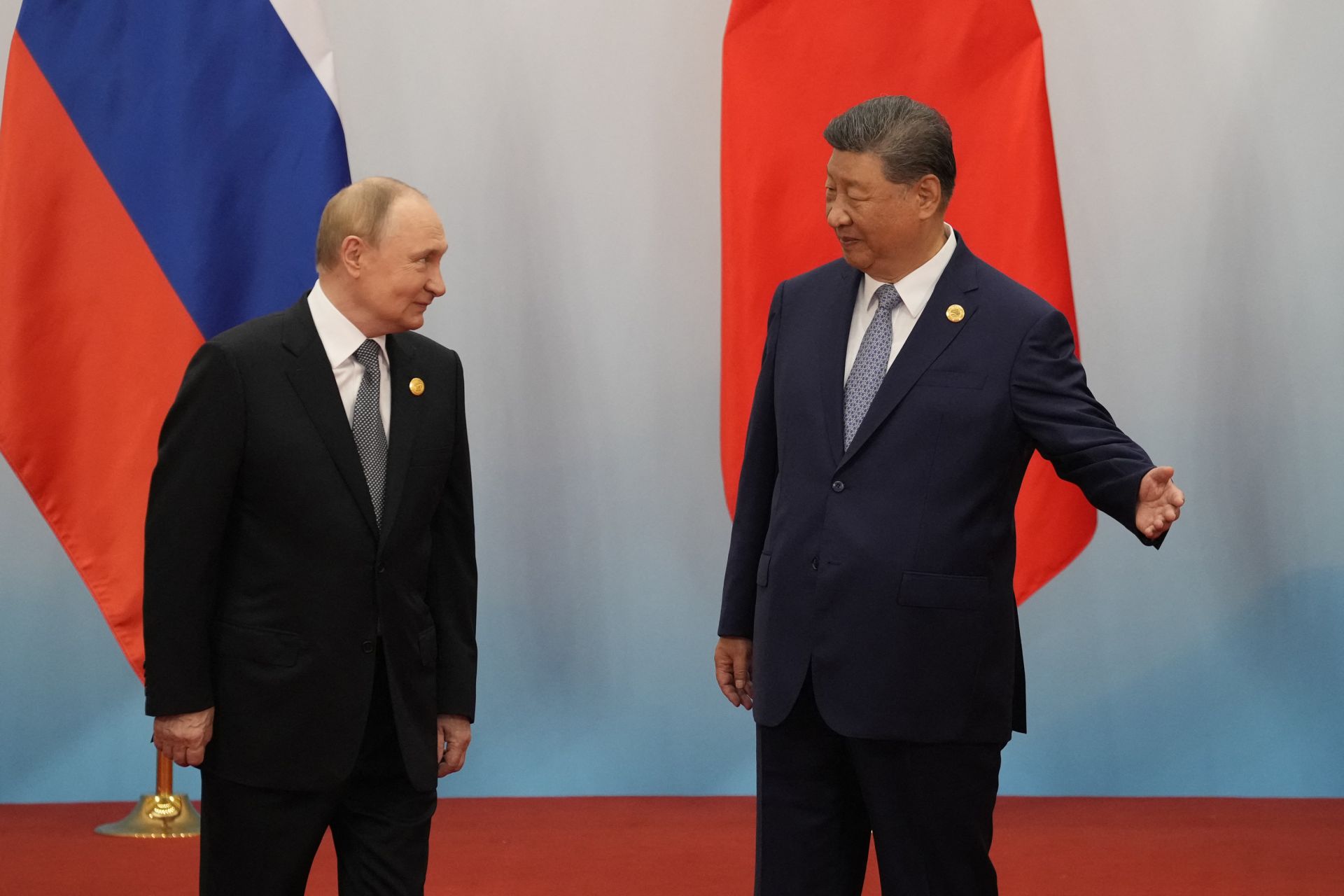Across France, widespread strikes organized by major unions are sending a strong message against government austerity measures, placing significant pressure on President Emmanuel Macron’s administration. Workers from multiple sectors have taken to the streets, highlighting grievances over pensions, wages, and public spending cuts.
The public demonstrations highlight a profound frustration with policies seen as unfairly impacting regular people while protecting economic interests and government budgets. Employees from the public sector, along with transportation staff, educators, and medical professionals have spearheaded protests in major urban areas like Paris, Lyon, Marseille, and Bordeaux, indicating widespread backing for the unions’ requests. These walkouts align with intensified discussions about economic disparity, workers’ rights, and social fairness in France.
The roots of the unrest
La reciente serie de acciones industriales surge a partir de los planes del gobierno para poner en práctica medidas de austeridad con el objetivo de disminuir la deuda pública y controlar el gasto estatal. Las reformas propuestas en los sistemas de pensiones, beneficios del sector público y servicios sociales han provocado un gran descontento. Numerosos sindicatos sostienen que estas medidas ponen en peligro el sustento de las personas, afectan desproporcionadamente a los trabajadores de bajos ingresos y debilitan las protecciones sociales que han sido características del sistema de bienestar francés.
Economic pressures, including inflation and rising living costs, have further intensified public dissatisfaction. Workers feel that austerity policies exacerbate financial strain, creating an environment where strikes and protests are seen as necessary tools to defend economic security. Analysts note that France’s history of labor activism plays a central role in shaping public responses, with unions leveraging strikes as a powerful means of negotiation and social influence.
The administration under Macron has stressed the importance of being fiscally responsible, claiming that changes are crucial for maintaining long-term economic stability. On the other hand, detractors argue that austerity measures may intensify social disparities and diminish public confidence in governmental bodies. The struggle between fiscal caution and social fairness has resulted in a complicated policy environment, making it difficult to reach a consensus both politically and economically.
Extent and consequences of the strikes
The strikes have impacted a broad array of services, spanning from public transit and education to healthcare and municipal activities. Airports, railway systems, and city transport networks have encountered delays and shutdowns, while hospitals have noted interruptions in regular care. Schools have been closed or are operating on a restricted basis, causing families to search for other options, and public offices have experienced decreased accessibility, influencing administrative tasks.
Beyond logistical disruptions, the strikes carry symbolic weight, demonstrating collective resolve and the unions’ ability to mobilize large segments of the workforce. Protest marches, public speeches, and media campaigns amplify the message, attracting international attention and highlighting domestic dissatisfaction with government policies. Economists warn that prolonged industrial action may have short-term economic consequences, yet unions argue that these measures are necessary to prompt meaningful policy reconsideration.
Political consequences and Macron’s reaction
President Macron must carefully manage the increasing protests. His government needs to address public concerns, engage in discussions with unions, and consider wider economic goals while preserving political authority. If grievances are not addressed, it may weaken public trust, whereas offering compromises could attract criticism from economic consultants and fiscal conservatives who support stringent financial discipline.
Macron’s earlier experiences facing public demonstrations, like the Yellow Vest protests, shed light on his strategy. The administration has traditionally employed a mix of dialogue and targeted enforcement actions, attempting to tackle certain issues while not completely giving up on wider reform goals. Within this framework, the present strikes serve as both a challenge in labor relations and an assessment of political leadership and the capacity to balance economic and social priorities.
Union leaders stress that the demonstrations transcend short-term policy changes; they portray the movement as a safeguarding of social unity and entrenched rights. This wider message strikes a chord with citizens who view economic disparity as an ongoing problem, underlining the intersection of labor rights advocacy, civic involvement, and governmental policy. Macron’s management of the scenario might impact domestic sentiment and France’s position within Europe, where economic balance and social unity are under close observation.
Wider social and economic background
The strikes occur against a backdrop of global economic uncertainty, rising inflation, and public concerns about the sustainability of social safety nets. Citizens express frustration over stagnant wages, increasing costs of living, and perceived government inaction to alleviate these pressures. In this environment, labor mobilization becomes a crucial mechanism for voicing discontent and seeking policy change.
Economic experts observe that although austerity could improve governmental budgets, it might also reduce local spending, lower the spirits of public sector workers, and ignite social disorder. Labor strikes and protests act as negotiation tactics and as ways to express community priorities, highlighting the intricate connection between fiscal strategies and public opinion. In France, where labor movements have traditionally influenced laws and societal standards, union involvement still holds a crucial position in affecting policy discussions.
The ongoing mobilization highlights the dynamics between different age groups and regions. More young employees and students are joining forces with long-standing unions, infusing the protests with new vigor and attention. Regional inequalities, such as variations in living expenses, job prospects, and access to public services, additionally shape the breadth and fervor of the protests. These aspects together heighten the urgency of the strikes and the challenges facing the Macron administration.
A challenging period of transition
The result of these strikes will probably hinge on current discussions, the government’s readiness to amend policies, and the unions’ capacity to keep up the pressure. Macron’s government confronts the task of aligning financial reforms with societal expectations, making sure that actions are viable while also addressing public needs. Reaching agreements, effective communication, and prompt actions will be crucial in handling both the immediate disturbances and the future effects on social unity.
For observers and citizens alike, the unfolding events highlight the enduring power of collective action in shaping policy and influencing governance. As France navigates this period of unrest, the interplay between economic strategy, labor rights, and public sentiment will continue to define both the political landscape and the broader discourse on social justice and fiscal responsibility. The resolution of these protests will provide valuable insights into the evolving dynamics of labor relations, government policy, and citizen engagement in a rapidly changing economic environment.




